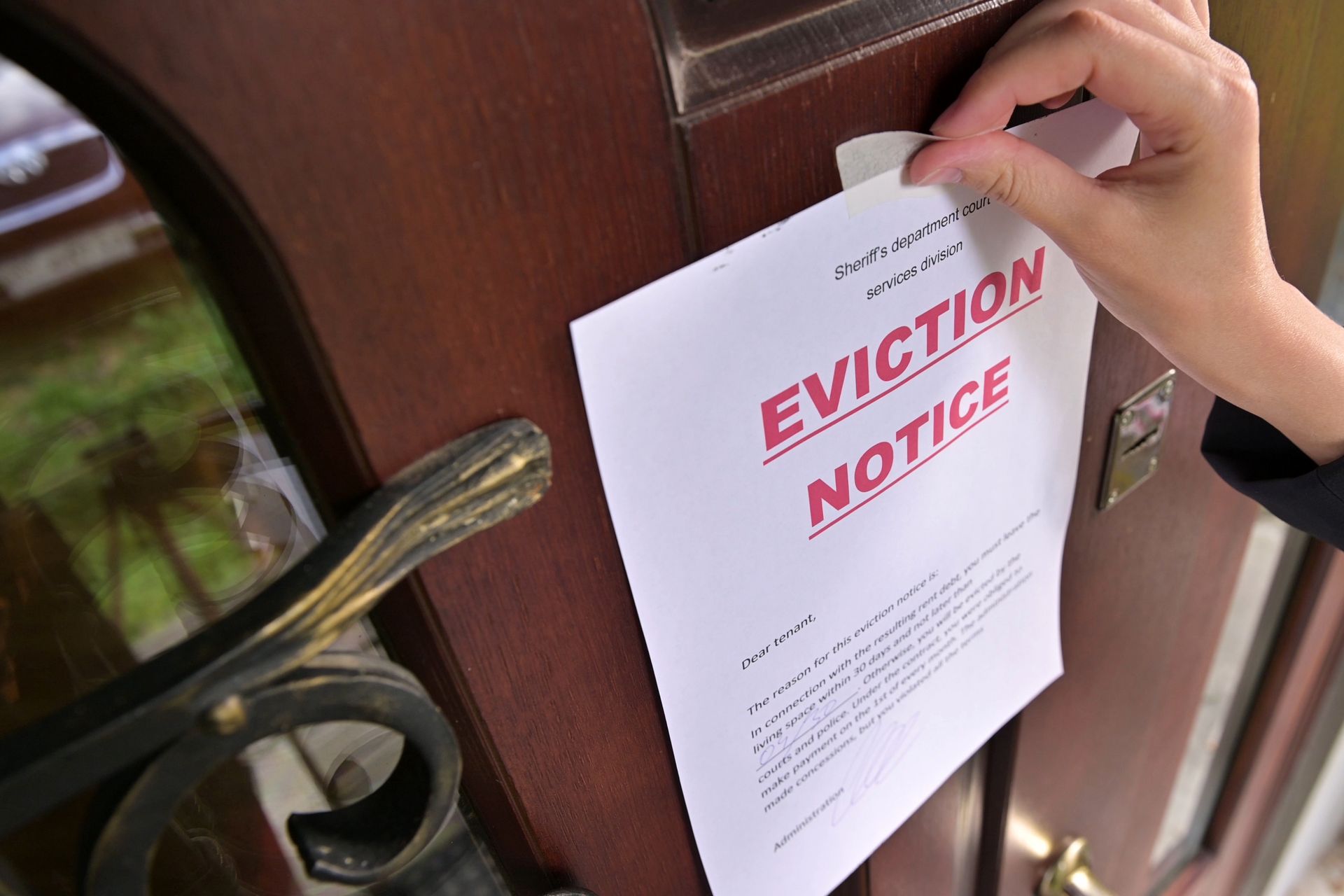Justifiable homicide is a confusing term. Most people associate the word “homicide” with “murder.” Putting “justified” in front of “murder” seems like a non sequitur; when is there ever a legal justification for killing a person? This may be especially confusing given concepts like “manslaughter” wherein a (sometimes unintentional) death caused by another person (often due to negligence) is still prosecuted.
There are some important distinctions between these concepts and their place in Minnesota law. The understanding of these differences is vitally important for people who may be facing these types of charges in the state’s criminal justice system.
What Is Justifiable Homicide?
Justifiable homicide is not a specific crime like “first-degree murder,” rather it’s a criminal defense strategy. Killing someone in self-defense, in specific circumstances, could be considered justifiable homicide. If the defense strategy works, the accused wouldn’t be convicted of a crime. For example, in scenarios where a police officer used appropriate force in a situation and the alleged criminal died of their injuries, it might be considered “justifiable homicide.”
Manslaughter is unlawful and can be prosecuted. There are two kinds of manslaughter in Minnesota: first-degree and second-degree.
First-degree manslaughter occurs when the perpetrator was provoked and is considered a “crime of passion.” Road rage between two drivers that escalates into a shooting might be charged as manslaughter.
Second-degree manslaughter is a death caused by negligence. It’s most commonly charged against drivers who drive recklessly and cause crashes that result in one or more people’s deaths.
First-degree murder requires premeditation, second-degree murder is the intentional killing of someone without premeditation and third-degree murder is causing a death through dangerous behavior (may be charged against drug dealers who sell drugs that cause an overdose or drunk drivers).
What Are “Stand Your Ground” Laws?
Stand your ground laws in states that have them essentially allow people to use deadly force to defend themselves without first resorting to retreat. For justifiable homicide to work as a defense in Minnesota, it must be proven that the person reasonably believed they would have suffered serious or potentially fatal harm and there was no means by which they could feasibly retreat from the situation. In this narrow circumstance, they may be legally permitted to use deadly force to defend themselves.
In states with stand your ground laws, people don’t have a requirement to first attempt retreat and can instead resort directly to using violence to protect themselves or others from imminent serious or deadly harm.
Minnesota’s Position on Justifiable Homicide
Minnesota doesn’t technically have stand your ground laws, but it does have a version of “castle doctrine”, which essentially allows people to use deadly force to defend themselves if they sincerely believe they are threatened with severe bodily injury or death in their own home. According to castle doctrine, people do not have a duty to attempt retreat first if they’re in their own home.
It’s a different scenario if a person isn’t on their own property (like if they’re attacked in a parking garage outside of their office).
The lack of stand your ground laws does not mean people in these situations cannot use justifiable homicide defenses. People are still allowed to use “reasonable force” (including potentially deadly force) to defend themselves from bodily harm.
It’s up to prosecutors and jurors to decide what a normal person in that scenario would consider reasonable and whether retreat was an option.
The Difference Between Stand Your Ground and Minnesota Law
If this sounds confusing, you’re not alone. People in these scenarios, when fight or flight instincts are at peak levels, might not be thinking clearly. They might not even realize every (or any) avenue of potential retreat as they are being attacked.
Despite what some people may assume, the law does have wiggle room. Determining what is “reasonable” in the moment is one reason why there are jury trials. It may come down to what a jury of your peers thinks about the situation and whether a criminal defense attorney can make the case that, given the scenario and your state of mind, it was justifiable homicide rather than manslaughter or murder.
Are You Facing Criminal Charges in Minnesota?
Being charged with a crime is very different than being convicted of a crime. People are innocent until proven guilty, and there are often many strategies defense attorneys can use to get charges reduced or potentially dropped for their clients.
Law enforcement officers can make mistakes, evidence could be made impermissible due to improper collection or your legal team could do their own investigation and discover new facts that exonerate you. The best way to find out your potential options or defense strategies is to consult with a criminal defense attorney. The referral counselors at the Minnesota Lawyer Referral and Information Service (MNLRIS) are ready to help you find local Minneapolis–St. Paul criminal defense attorneys.
Call us at (612) 752-6699 to speak with a referral counselor today.
The post What Is Justifiable Homicide in Minnesota? first appeared on Minnesota Lawyer Referral and Information Service.




